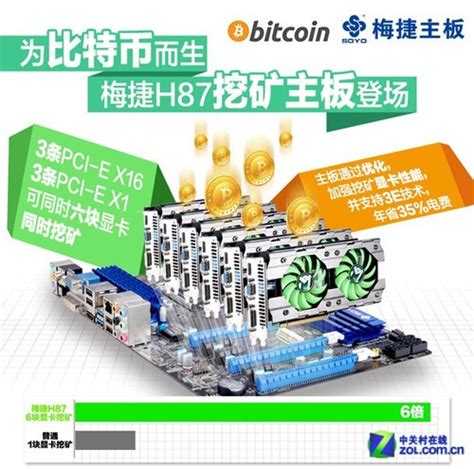比特币可以买0.001个吗
Title: Can Bitcoin Be Arbitrated?
Bitcoin, as a decentralized digital currency, operates on a blockchain network, utilizing cryptographic principles to ensure security and transparency in transactions. Arbitration, a method of dispute resolution, typically involves the intervention of a third party to settle disputes between parties. Given the unique characteristics of Bitcoin, it's pertinent to explore whether arbitration can be applied to Bitcoinrelated disputes.
Understanding Arbitration in Traditional Contexts
In traditional financial systems, arbitration is a wellestablished method for resolving disputes. It involves the appointment of a neutral third party or panel, agreed upon by the disputing parties, to hear the case and make a binding decision. This process often involves complex legal frameworks, contracts, and regulatory oversight to enforce arbitration awards.
Challenges in Arbitrating Bitcoin Disputes
Arbitration in the context of Bitcoin encounters several challenges:
1.
Decentralization
: Bitcoin operates on a decentralized network, meaning there is no central authority or regulatory body overseeing transactions. This absence of a central authority complicates the process of appointing arbitrators and enforcing their decisions.2.
Irreversibility of Transactions
: Bitcoin transactions, once confirmed on the blockchain, are irreversible. Unlike traditional financial systems where chargebacks or reversals are possible, Bitcoin transactions are immutable. This characteristic raises questions about the effectiveness of arbitration in reversing transactions or settling disputes related to them.3.
Anonymity and Pseudonymity
: Bitcoin transactions can be conducted pseudonymously, offering a degree of privacy to users. However, this anonymity can make it challenging to identify parties involved in disputes, hindering the arbitration process.4.
Regulatory Uncertainty
: The regulatory landscape surrounding Bitcoin varies widely across jurisdictions. The lack of uniformity in regulations adds complexity to arbitration processes, as different legal frameworks may govern Bitcoinrelated disputes in different regions.Potential Solutions and Considerations
While arbitration faces challenges in the context of Bitcoin, several potential solutions and considerations can be explored:
1.
Use of Smart Contracts
: Smart contracts, selfexecuting contracts with the terms of the agreement directly written into code, can automate certain aspects of arbitration. By incorporating arbitration clauses into smart contracts, parties can predetermine the process for dispute resolution, streamlining the arbitration process.2.
Private Arbitration Services
: Private arbitration services specializing in cryptocurrency disputes may emerge to fill the gap. These services could offer expertise in blockchain technology and cryptocurrency regulations, facilitating efficient arbitration processes tailored to the unique characteristics of Bitcoin.3.
Regulatory Collaboration
: Collaboration between regulatory authorities and industry stakeholders can help establish clearer guidelines for arbitration in the cryptocurrency space. Clarity in regulations can provide a more conducive environment for arbitration and enhance the enforceability of arbitration awards.4.
Education and Awareness
: Increasing education and awareness about arbitration options within the cryptocurrency community can empower users to make informed decisions. Educating users about the benefits and limitations of arbitration can encourage its adoption as a means of dispute resolution.
Conclusion
While arbitration faces challenges in the context of Bitcoin due to its decentralized nature and unique characteristics, there are opportunities to adapt arbitration processes to suit the cryptocurrency ecosystem. By leveraging technological innovations, private sector initiatives, regulatory collaboration, and educational efforts, the feasibility of arbitrating Bitcoinrelated disputes can be enhanced. However, navigating the complexities of arbitration in the cryptocurrency space requires careful consideration of legal, technical, and regulatory factors to ensure fair and effective dispute resolution.











